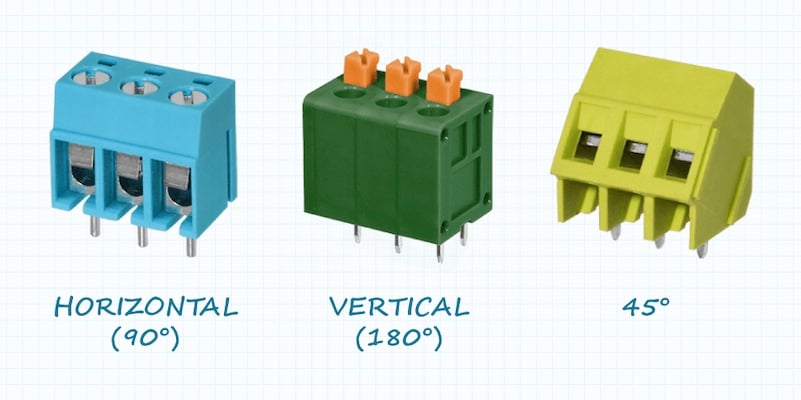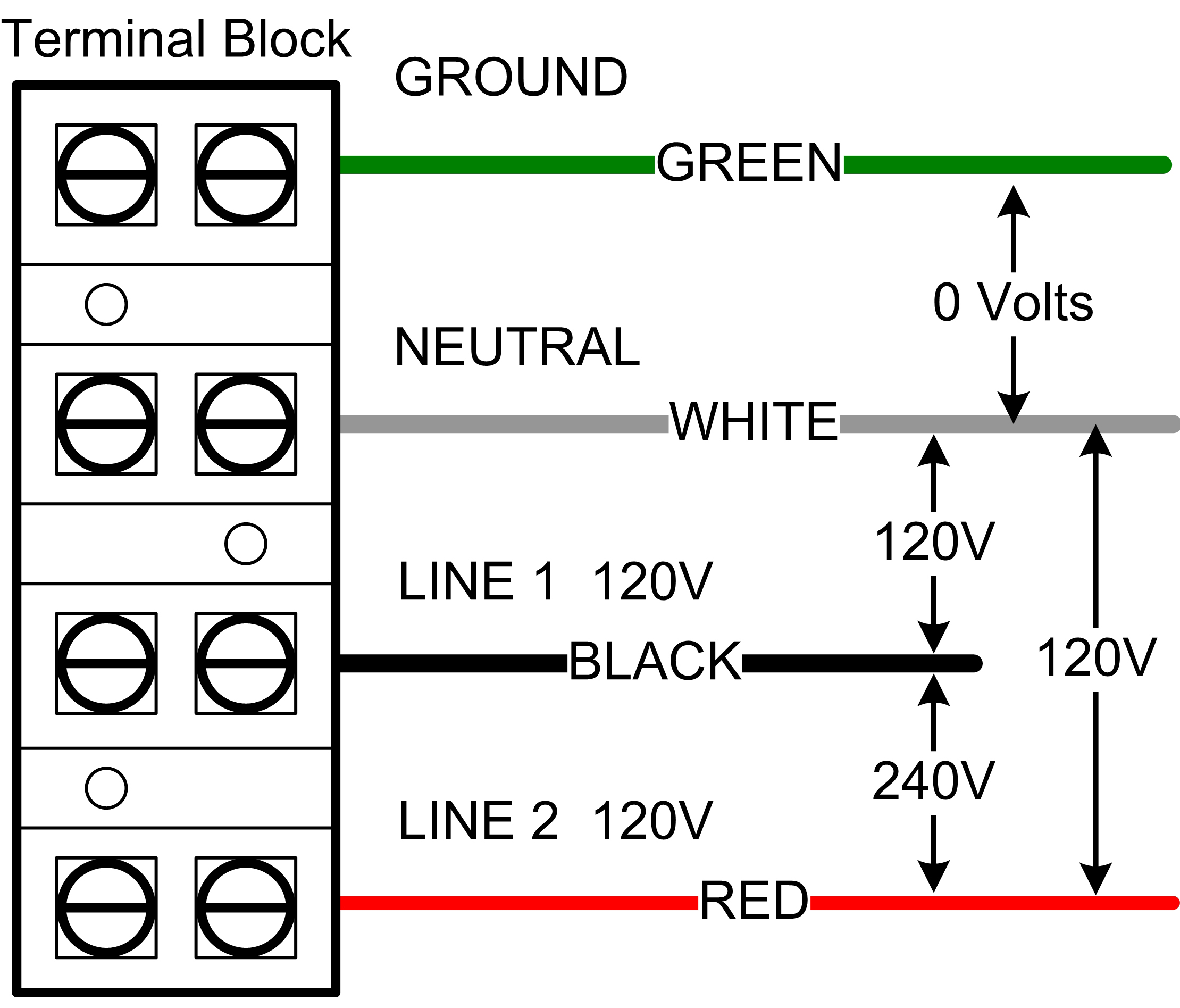
Why Terminal Blocks are Essential in Electrical Applications
In the world of electrical engineering, terminal blocks are a crucial component that ensures the proper functioning and safety of electrical devices. These modular, insulated blocks serve as a central hub for electrical wires, connecting them securely and safely to the power source.
Utility Electrical Co. Ltd., based in the birthplace of Wenzhou, China, has been a leading manufacturer of terminal blocks since 1990. With a commitment to innovation, design, and quality, the company produces a wide range of terminal block models to meet the needs of various industries.
What are Terminal Blocks?
Terminal blocks are modular components that allow multiple electrical wires to be connected together in a safe and organized manner. They consist of an insulating body made of plastic, ceramic, or other materials, and a clamping device that secures the wires in place.
The insulating body houses the connections between the wires and the clamping mechanism. The clamping device is designed to hold the wire securely in place, ensuring a reliable and stable electrical connection. The design of terminal blocks is flexible, which makes it easier to manage complex control circuits.
The Benefits of Using Terminal Blocks
1. Easy installation: Terminal blocks make wiring more manageable, allowing for quicker and easier installation of electrical devices. Electrical engineers can quickly identify the correct terminal block for the job and install it with ease.
2. Space-saving: Terminal blocks help to reduce clutter by keeping wires in place in one location. This makes it possible to organize wiring in a small space or tight area efficiently.
3. Flexibility: With the use of terminal blocks, electrical engineers can create complex circuits and expand them as needed. Changes and upgrades are easy to make, ensuring that the electrical system remains up-to-date.
4. Safety: Terminal blocks provide a safe and secure connection between wires, reducing the risk of short circuits and electrical fires. Electrical engineers can ensure that the right wires are connected and that the system is grounded appropriately.
Choosing the Right Terminal Block
There are several types of terminal blocks available on the market. When choosing the right terminal block, it is essential to consider the following factors:
1. Current and voltage rating: The terminal block's current and voltage ratings must match the electrical application's demands.
2. Type of wire: Choose a terminal block that is compatible with the wire gauge being used.
3. Environmental conditions: Consider factors such as temperature, humidity, and exposure to chemicals when selecting a terminal block.

4. Mounting: Terminal blocks are available in different mounting types such as DIN rail, surface mount, and panel mount. Choose the appropriate mounting type based on the required installation.
Utility Electrical Co. Ltd. offers a wide range of terminal blocks categorized into various types such as pluggable terminal blocks, rail-mounted terminal blocks, PCB terminal blocks, and barrier terminal blocks. Their products are designed to meet various industry demands, including HVAC controls, lighting controls, and audio equipment.
In Conclusion
Terminal blocks are essential components for electrical systems that require a centralized, organized, and safe connection hub for electrical wires. Utility Electrical Co., Ltd. offers a range of high-quality terminal block products that are flexible, easy to install, and meet various industry demands. Choosing the right terminal block ensures the proper functioning and safety of the electrical system, making it critical to work with a reliable and experienced terminal block manufacturer like Utility Electrical Co., Ltd.